Could you imagine a plant so toxic it was once called 'poison parsnip,' now being whispered about as the next big thing in dietary supplements? Water hemlock crops up in foraging forums and wellness blogs—not as a cautionary tale, but with wild claims about unlocking new levels of vitality. Before you get swept up in the buzz, let’s dive into the tangled story behind this infamous plant and the dangerous myths swirling around its supposed health perks.
What Is Water Hemlock, and Why the Hype?
Water hemlock (Cicuta spp.) looks harmless—tall, with clusters of tiny white flowers, often waving from wet ditches and meadows across North America and Europe. It’s built up a fearsome rep for a reason. Every part of the plant—root, leaf, stem, and seed—holds a highly potent toxin called cicutoxin. Just a nibble of the root can trigger violent seizures, even death. Basically, water hemlock tops the charts as North America’s deadliest plant. So, how did such a notorious killer start popping up in talks about natural wellness and supplement trends? Blame the modern wave of foraging nostalgia, influencer-driven herbal trends, and the human tendency to think anything ‘natural’ must be good. Toss in a few sketchy supplement sellers banking on shock value, and suddenly, a plant best known for fatal misidentification is being hailed as an untapped, misunderstood health booster. It’s not just a fringe movement. Over the past year, supplement industry apps and databases have flagged dozens of products containing ‘hemlock extract’—often skirting the details on which species and amounts are inside. No major human clinical studies have ever suggested any safe or beneficial use for water hemlock. Every single expert source says the same thing: avoid this plant at all costs.
The Dark Side: Toxicity, Risks, and Real Cases
Let’s get specific. Water hemlock’s lead compound, cicutoxin, is a powerful central nervous system stimulant. It hits hard and fast—within 15 to 60 minutes, initial symptoms include stomach cramping, nausea, and vomiting. These quickly spiral into tremors, full-body seizures, trouble breathing, and loss of consciousness. In severe cases, muscle breakdown (rhabdomyolysis) and kidney failure develop, and death can follow in under three hours without quick medical care. This isn’t just theoretical. A widely reported 2013 case out of Wisconsin saw three adults accidentally poisoned when mistaking water hemlock roots for parsnip. Even with hospital treatment, two suffered lasting neurological side effects. Livestock aren’t safer—water hemlock poisoning regularly wipes out cattle or sheep herds where the plant grows wild. The U.S. Centers for Disease Control and Prevention (CDC) and the American Association of Poison Control Centers list water hemlock as a top concern for accidental poisoning every year. Here’s a look at comparative poisoning stats (2018 data):
| Plant | Poisonings (USA) | Mortality Rate (%) |
|---|---|---|
| Water Hemlock | 50 | 7 |
| Pokeweed | 35 | 1 |
| Foxglove | 28 | 2 |
| Baneberry | 12 | 0 |

Water Hemlock and Herbal Traditions: Folklore vs Science
So, does water hemlock have any roots in traditional medicine? Actually, ancient herbalists steered clear. Unlike other poisonous plants—think foxglove (digitalis) or deadly nightshade (atropine) that later became the basis for real medicines—water hemlock hardly features in folk remedy books. A few scattered 18th-century European texts mention minuscule doses for stubborn pain or as a last-resort sedative but quickly note "this is almost always fatal." Native American groups also steered clear, often using tales about water hemlock’s effects to teach children safe plant ID. Modern herbalists are even blunter—there is no recognized safe dose, no proven application, and zero trustworthy evidence for any health benefit from consuming water hemlock. The only reason it keeps showing up in herb lore? Its sinister effects make for memorable cautionary stories. If you stumble on supplement builders claiming otherwise, they’re either misinformed about the actual plant identity, or pushing something dangerous. For context, compare to other toxic but historically useful botanicals:
- Foxglove (Digitalis purpurea): Used in the development of heart medications after careful, controlled extraction and dosing.
- Belladonna (Atropa belladonna): Source of atropine, which is medically valuable but only under supervision in emergencies.
- Water Hemlock (Cicuta spp.): Not a single proven safe use in any medical or folk healing tradition.
The Problem with “Natural” Supplement Marketing
Big wellness brands and online cottage-industry supplement makers love to lean into the word “natural.” But natural doesn’t mean non-toxic—ask any ER nurse or wild food expert. Every year, new miracle ingredients show up with little or no real evidence, with stories that encourage uncritical trust. Water hemlock is a textbook example of why this trend can turn dangerous fast. Greenwashing isn’t just for cosmetics. Supplement companies rarely have to show independent testing, and labeling can be murky. The FDA classifies dietary supplements under a different set of rules from drugs. That means you can sometimes see risky ingredients being marketed on technicalities, or with vague claims and fine print. How do you spot fake or risky “herbal” supplements? Use this checklist:
- Always check for scientific names on the label—if it just says “hemlock,” walk away.
- No real clinical research? Don’t trust wild health claims or anecdotal stories.
- Check third-party databases, like the National Institutes of Health’s Dietary Supplement Label Database, for warnings or evidence.
- Look up the brand’s GMP (Good Manufacturing Practice) certification—real supplement makers test every batch for contaminants and identity.
- If you see water hemlock (Cicuta spp.) listed anywhere, run, don’t walk.
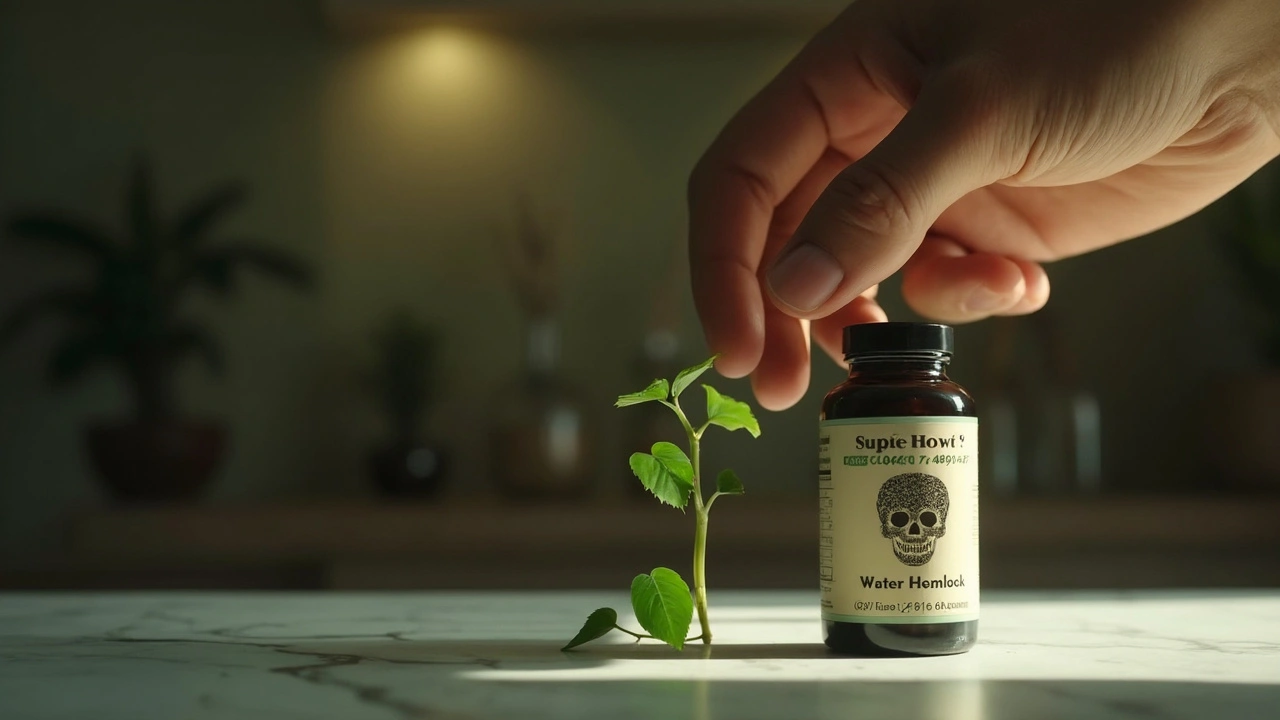
Smart Safety Tips for Plant-Based Wellness
So what do you do when really ‘natural’ wellness gets dangerous? The hype around water hemlock is a perfect moment to sharpen your safety smarts. Here’s how to keep your plant-based supplement game on the safe side:
- Never forage wild plants for supplement use unless you’re with an expert. Look-alikes can be fatal.
- Search credible databases before buying any new herbal ingredient—NIH’s MedlinePlus and the National Poison Control Center offer free access online.
- Use a pharmacist or licensed herbalist as a sounding board before adding anything new to your regimen, even if it looks promising.
- Keep emergency numbers handy if you live in areas where water hemlock grows wild—plants can be a risk to curious kids and pets, too.
- If a supplement brand won’t clearly state its ingredients, their sourcing, or their testing protocols, trust your gut and say no.

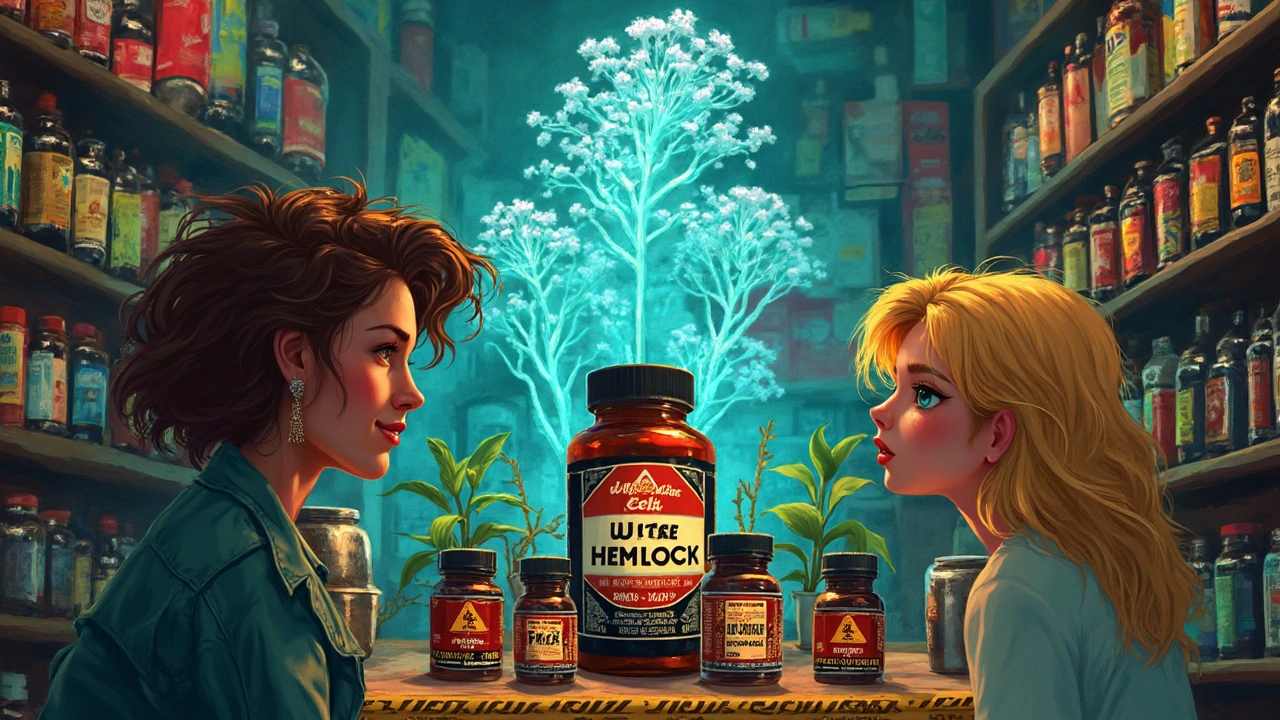
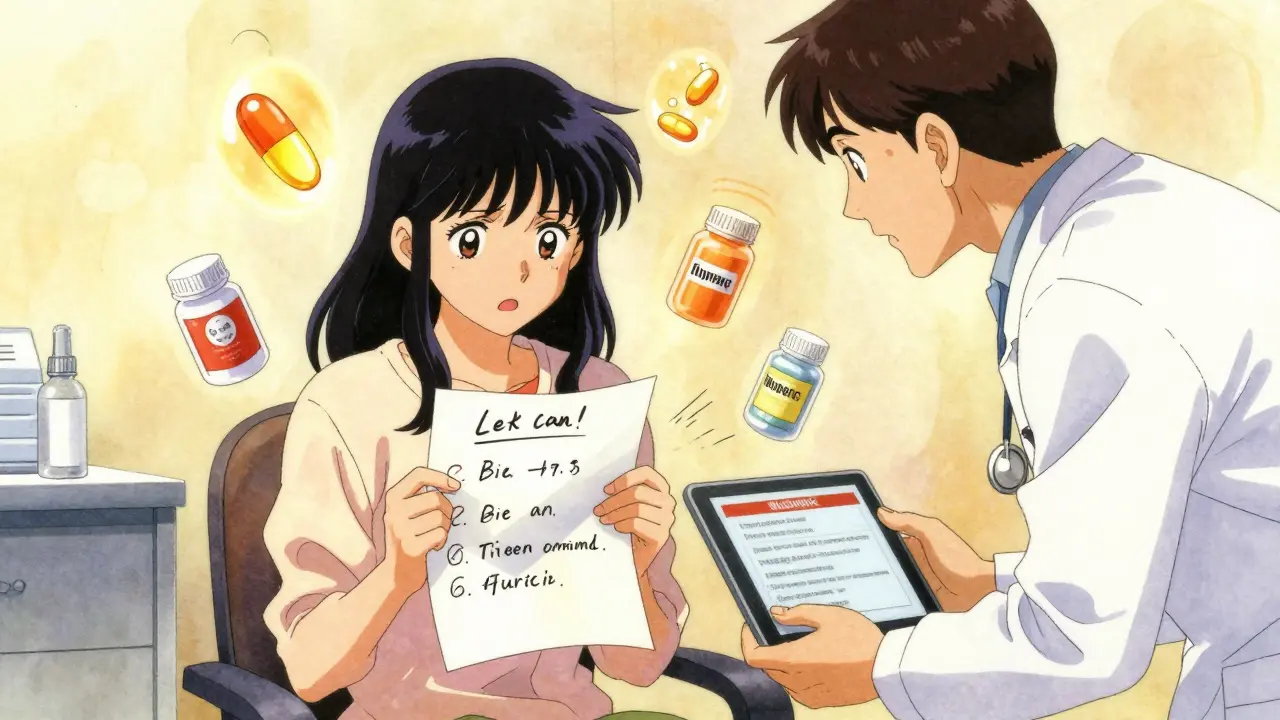


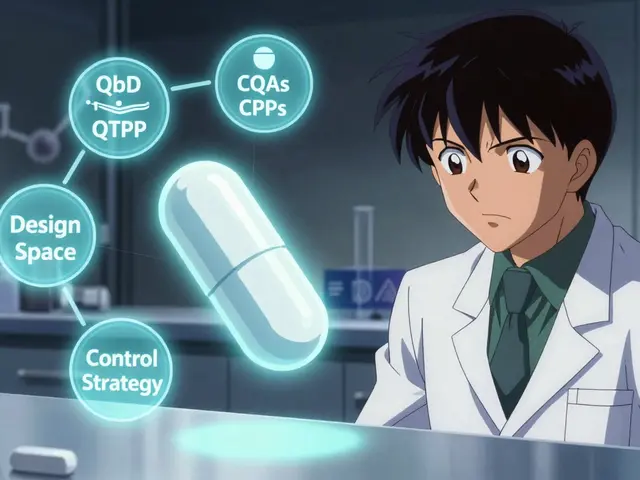

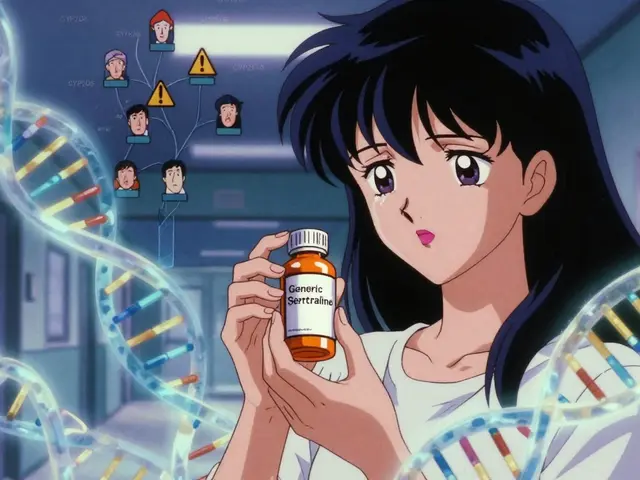

Nicholas Blackburn
July 17, 2025 AT 22:18Seriously, who in their right mind would even entertain the idea of using water hemlock as a supplement? It’s the most poisonous plant in North America for crying out loud. Some people just want to believe in miracle cures without any evidence, and this is a prime example of dangerous idiocy.
The article’s right—curiosity can literally kill if you don’t educate yourself. I mean, hyping up something that literally can shut down your nervous system is reckless at best and criminally negligent at worst. Supplements already have a reputation for being sketchy, now we’re throwing deadly plants into the mix?
For once, can we have some common sense in the wellness community? Natural doesn’t automatically mean safe or beneficial. Wake up, people.
Dave Barnes
July 18, 2025 AT 19:33You gotta wonder what it is about some plants that we’re just so drawn to despite the dangers. Water hemlock being hyped as some kind of miracle supplement kinda reminds me of the ancient folk beliefs where people chased after rare magic herbs.
Maybe it’s the human longing for transcendence or quick fixes that drives this fascination, but yeah, as the post notes, caution should rule over curiosity here. We've gotta be careful not to fall into the trap of thinking all natural equals good. That sort of thinking leads down a slippery slope.
I’m glad this topic was brought up because misinformation in supplements can do a lot more harm than good. Anyone thinking about this should really do their homework.
Kai Röder
July 19, 2025 AT 20:33I appreciate the nuanced approach in the article. As someone who promotes inclusive health education, I think it's important to understand both the cultural and scientific perspectives surrounding plants like water hemlock.
Yes, this plant is extremely toxic, and its presence in supplement talk should immediately raise red flags. But it’s also a reminder of the deep-rooted human connection to nature and how that can sometimes blur lines between traditional use and modern wellness trends.
Proper education and caution are essential. Safety must always come first, and claims about any supplement need to be scrutinized with evidence. I hope more people take the time to learn before jumping on the latest health bandwagon.
Brandi Thompson
July 20, 2025 AT 18:46Okay, let’s talk about the utter madness floating around these supplement circles — trying to normalize water hemlock consumption is beyond irresponsible, it’s downright toxic. Not to be dramatic, but this glorification of deadly plants under the guise of “wellness” is basically poetic disaster wrapped in illusion.
The article hits the nail on the head with that reality check. Too many self-proclaimed healers or influencers push anything ‘natural’ without giving a single damn about what ‘poisonous’ actually means in clinical terms. It’s a kind of emotional vampirism feeding off the vulnerable who want an easy fix.
This has been a rampant problem for years, and it’s high time we collectively say NO to such reckless hype.
Chip Hutchison
July 22, 2025 AT 18:00I think this article serves an important purpose in reminding us of the fine line we walk with natural products. The fascination with supplements is understandable—but risking one’s health based on hype is not.
What we need is more accessible education and open conversations about the risks, especially for those who might be desperate for solutions and vulnerable to marketing tactics. Knowledge is power, and that power helps protect us.
That said, it's also vital to acknowledge the trust people place in natural remedies, often hoping for holistic wellness. I see this as an opportunity to foster understanding and encourage safer choices.
Emily Moody
July 23, 2025 AT 21:46Let me be crystal clear, hyping water hemlock as a dietary supplement is not just reckless, it’s an affront to every sensible health discussion out there. The plant is one of the most lethal in North America, and trying to turn it into a 'super supplement' reeks of naive hubris.
We cannot afford to dilute scientific facts with emotional marketing gimmicks drenched in pseudo-wellness jargon. Anyone who promotes water hemlock consumption without massive scientific backing is playing Russian roulette with people's lives.
This topic underscores the urgent need for strict regulation and clear communication from health authorities!
Prateek Kohli
July 25, 2025 AT 01:33Wow, this is really interesting. As someone who tries to keep an open mind about different natural remedies, it’s shocking to hear water hemlock being talked about as a supplement given what I know about it being so poisonous.
Thanks for sharing this deep dive because it highlights the importance of caution and rigorous research before accepting any health claims blindly. 🙂
It’s such a delicate balance between exploring natural health and ensuring we don’t put ourselves in harm’s way. I hope more people consider both sides before making decisions.
Noah Seidman
July 26, 2025 AT 05:20Honestly, it’s baffling how the wellness industry keeps recycling the most absurd ideas. Water hemlock as a supplement? That’s peak idiocy wrapped in hype.
Look, the universe isn’t out to give us miracle cures hidden in deadly plants. The obsession with ‘natural’ and ‘super’ stuff often blinds people’s reason and self-preservation instincts. This article is a timely reminder that truth and facts must override blind enthusiasm.
Supplement culture needs serious moral and intellectual scrutiny if it’s going to avoid becoming a circus of dangerous misinformation.
Anastasia Petryankina
July 27, 2025 AT 09:06Oh joy, another genius idea to ingest the death plant disguised as health magic. Just what we all needed. The whole thing reeks of a pretentious trend that’s more about sounding enlightened than actually being safe or smart.
I mean, come on—if you seriously think you’re gonna pop some water hemlock and emerge as a wellness guru, you deserve a Darwin award. Sarcasm aside, it’s appalling how these ridiculous claims fake their way into conversations and get any attention at all.
Natural wellness isn’t about dangerous fairy tales, but some folks just can’t help themselves.
Tim Ferguson
July 28, 2025 AT 12:53Huh. I’m not totally sold on dismissing the discussion outright. While water hemlock is undeniably poisonous, I wonder if there’s any historical or cultural context that might explain occasional controlled uses leading to these supplement rumors.
That said, the article is spot on about the danger and the need for extreme caution. The balance between curious exploration and reckless action is thin here. Anyone considering anything with water hemlock should really reconsider and consult dependable sources.
It’s a tricky topic that highlights how complex our relationship with nature’s substances really is.
Noah Cokelaere
July 29, 2025 AT 16:40Haha, okay, so water hemlock — the plant that’s basically nature’s poison jackpot — is becoming some hot new supplement? Gotta love how the wellness world sometimes picks the most ridiculous things to hype.
But jokes aside, this article does a great job peeling back the hype and reminding us all to step back and think critically before feeding into the latest trends. It’s like, if your supplement can kill you, maybe don’t take it daily, right?
Still, I am curious if anyone has tried to study the plant’s chemistry seriously to understand if there’s anything remotely safe or beneficial buried in there or if it’s just a hard no from a scientific standpoint. Anyone with insights?